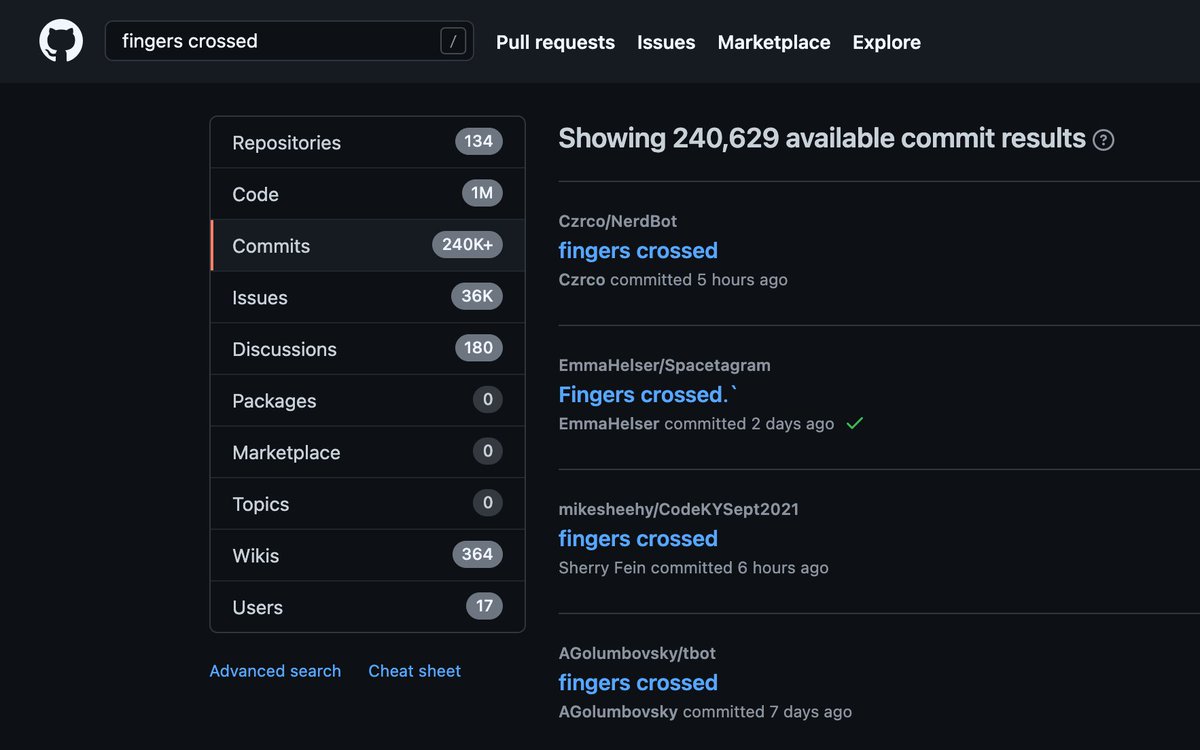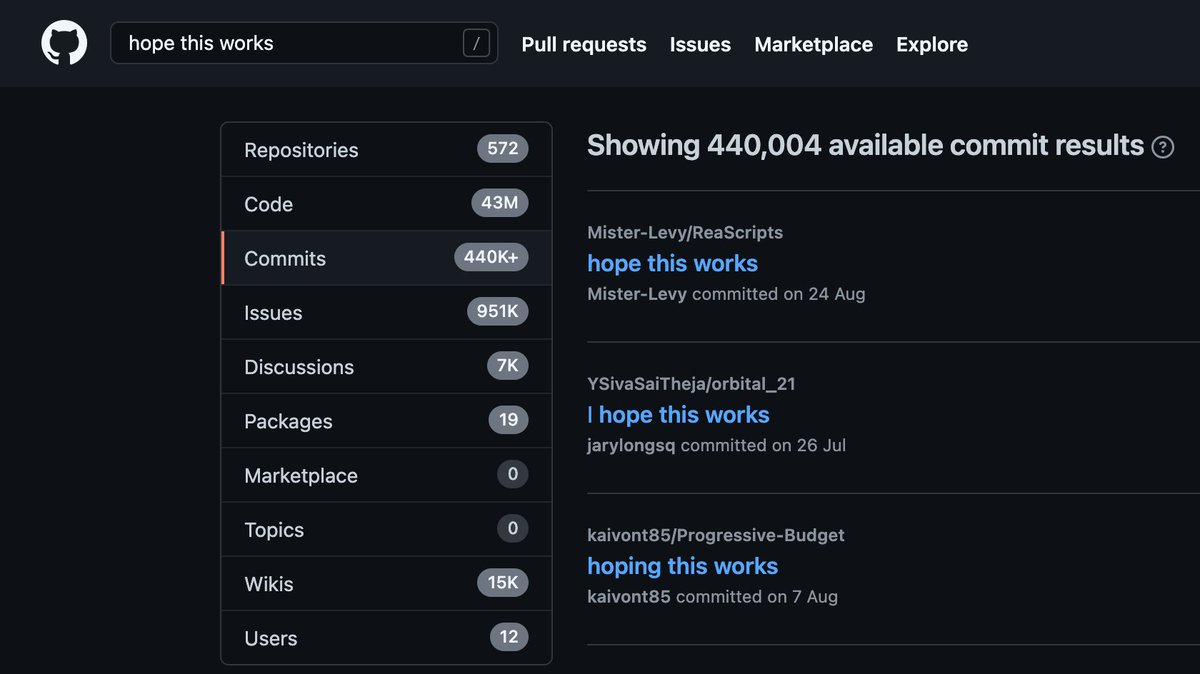
We had a great chat with @ness_labs members about learning in public. The main barriers were:
(1) Fear of judgement: when you feel like you suck too much & don't want to pain people with your current skills level
Example: are you confident enough to learn how to sing in public?
(1) Fear of judgement: when you feel like you suck too much & don't want to pain people with your current skills level
Example: are you confident enough to learn how to sing in public?
(2) Imposter syndrome: when you think documenting your learning journey is akin to "stealing" content from course creators
Example: are you confident you can add your own spin on what you learn & craft a personal take so it becomes original content?
Example: are you confident you can add your own spin on what you learn & craft a personal take so it becomes original content?
(3) Prolificity vs politeness: when you don't want to contribute to the ambient noise by sharing too much, especially without a strong grasp over the concepts you're studying
Example: are you confident enough to post lots of questions on Twitter about what you're learning about?
Example: are you confident enough to post lots of questions on Twitter about what you're learning about?
(4) Scale distortion: when you don't bother learning in public because you don't have a big enough audience
Example: would you write a detailed walkthrough of something you struggled with if only one person would ever get to read it? What if that person is your future self?
Example: would you write a detailed walkthrough of something you struggled with if only one person would ever get to read it? What if that person is your future self?
As someone who's a big proponent of learning in public, this was fascinating on so many levels. Grateful for the vulnerability in this community 🙏🏽
• • •
Missing some Tweet in this thread? You can try to
force a refresh







